










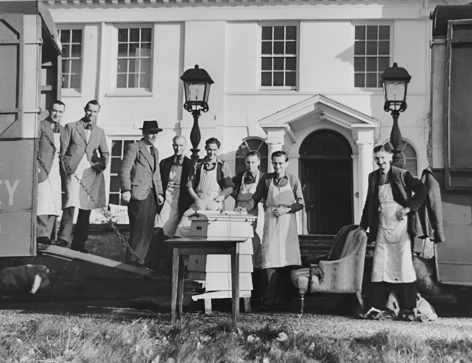
On the move? Let our friendly team do the heavy lifting to deliver a hassle-free move. Tailored to you and your family, Over’s have been Hampshire’s trusted name in removals since 1857.

On hand to help you through to your completed move.
There are no hidden costs. All our quotes include mileage.
Restricted liability is provided as standard.*
Clothes travel in style in our robe cartons.
Slot-on, padded covers protect white goods and furniture.
To offset carbon emissions we’re planting 2,000 trees.
Our trained crews are DBS checked and carry photo ID.
We use recycled/recyclable materials where possible.
Mattress bags are used once, then recycled.
Floor protection is available for both locations.**



48,487 – 2021 UK Census
Andover
400ft – 1 minute
Southampton
28 miles – 41 minutes
Andover Golf Club
1.5 miles – 5 minutes
The Lights
0.5 miles – 3 minutes
Museum of the Iron Age
1.5 miles – 6 minutes
Andover Recycling Centre
2 miles – 6 minutes
Comprehensive expert packing services, from single room, specialist items to complete home contents packing.
Short and long-term containerised storage. We'll collect from your old home and deliver to your new property.
Wardrobe cartons, boxes, packing materials, tape, paper wrap. Made from recycled and recyclable materials.
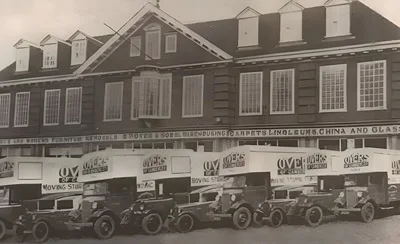
The first written records of the area are in reference to a royal hunting lodge.
King Edward holds a Witan (meeting of his lords) at his lodge.
The Domesday Book records107 households, 62 villagers, 36 smallholders, six slaves, three freedmen and six mills.
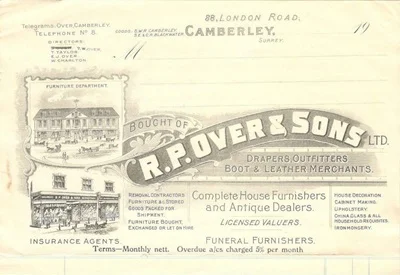
The town receives a charter granting the right to hold a weekly market and create a merchant’s guild to self-govern.
King John grants the town the right to collect taxes.
The town becomes the seat of the local assizes court, raising its status and influence.
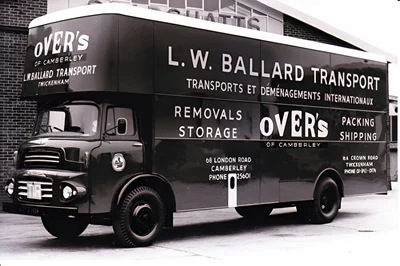
A free school for boys is established at St Mary’s Church. It will later become Andover Grammar School, and eventually the town’s secondary school.
A new royal charter is granted by Elizabeth I, increasing the number of annual fairs to three.
The first of several bubonic plague outbreaks hits the town.
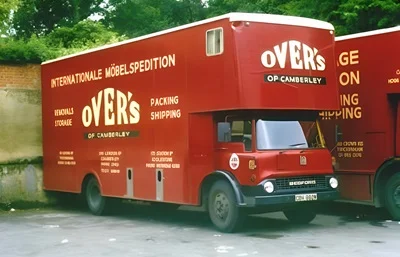
A canal is constructed, stretching to Southampton. It’s not a financial success and closes in 1859.
The first theatre opens.
A regular police force is established consisting of two constables and a gaoler.
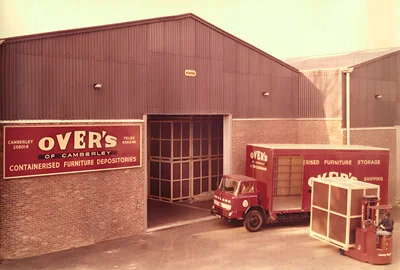
Gas street lighting is installed.
The Royal Flying Corps opens an airfield close to the town during WWI. The site is partly built by German prisoners of war.
RAF Andover, the first military helicopter unit and training school, is formed.
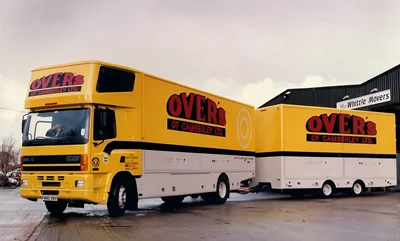
Twinnings tea factory is opened.

